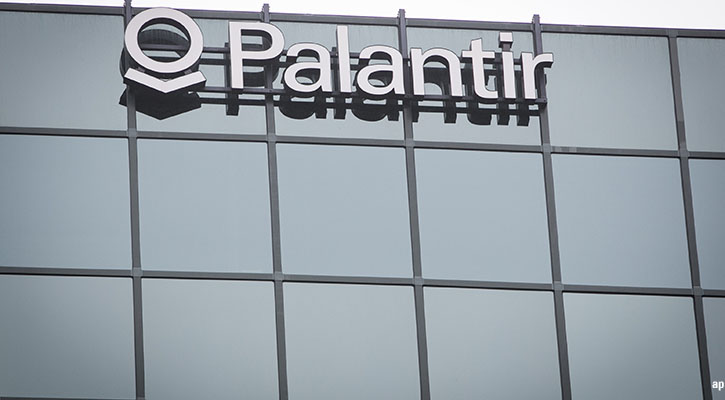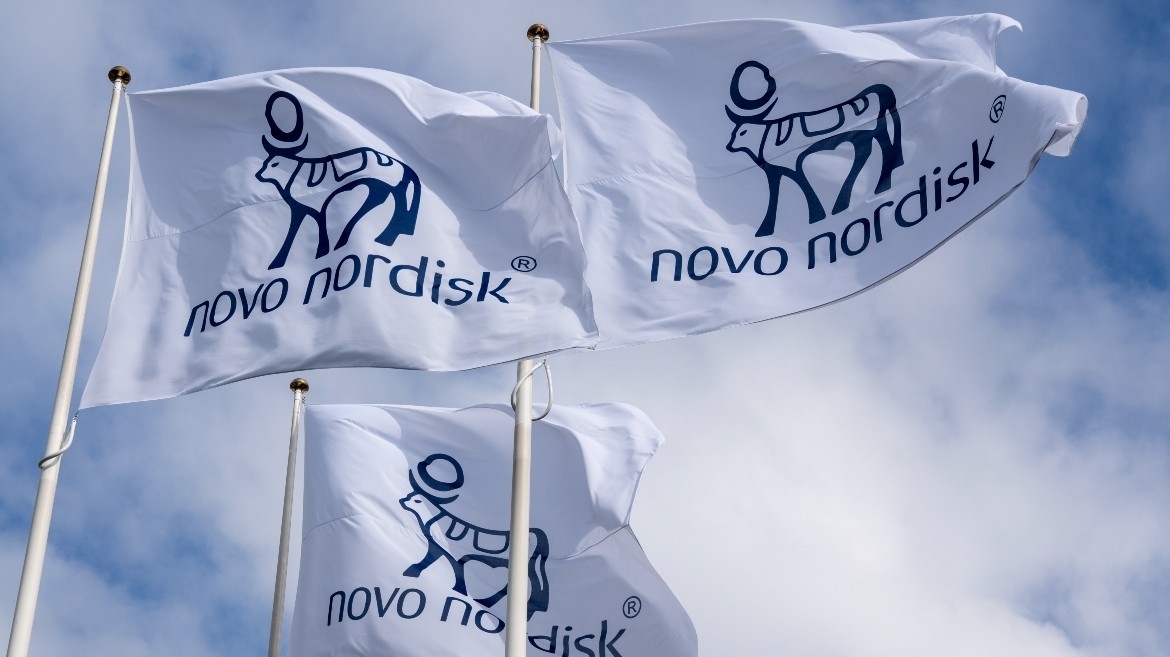
A fund-of-funds is an incredibly attractive investment option. Why painstakingly construct your own portfolio of funds and have to concern yourself with diversifying and rebalancing when there’s a one-stop shop where an expert fund manager takes care of it all for you? Yes, the appeal is easy to see, but the problem is that fund-of-funds can be so damn pricey.
When you choose one of these funds you’re effectively being double charged: you’re paying the fund manager, but you’re also paying all of the managers of the funds he invests in. Factor in your fund supermarket charge on top of that and you can easily end up paying an annual fee of 2% or more. The effect of that on your returns over time is huge.
Morningstar’s analysis of fund-of-funds this week made for fascinating reading. It showed that when you take risk into account, many of these vehicles do hold their own against the performance of standard (cheaper) funds over time. And, of course, there are ways to keep costs down: choosing a fund-of-funds that only invests in trackers, for example, or is “fettered” and sticks to the funds available from its own firm’s range.
And while, of course, you should never overpay for underperformance, there is definitely an argument for paying slightly more for someone to take the stress of investment decision-making out of your hands. Those who outsourced to an expert during the Covid-19 sell-off earlier this year, for example, likely had fewer sleepless nights than those investors agonising over the construction of their own portfolio.
It’s food for thought at the very least. I don’t hold a fund-of-funds in my own investment portfolio, but I wonder if using one as the core of it might not be such a bad idea, leaving me to tinker with the fun stuff round the edges.
Some Good Lockdown Habits
I read this week that in the months of lockdown, parents and grandparents have squirrelled more away into Junior Isas than ever before.
While I’d read many times that lots of people were managing to save more money in lockdown with no eating out or commuting costs, I’d assumed the money was being squandered on biscuits and ill-advised internet purchases. Turns out they’ve been investing for their childrens’ futures instead – how nice!
Research from AJ Bell found a 113% increase in the amount stashed into Jisas between April and June. The average amount held in a Jisa also leapt – a 26% increase from £1,853 to £2,326.
Over the past few months we’ve regularly discussed how our habits have changed, whether it’s shopping locally or sticking to an exercise routine. And we’ve mulled over which of these habits will stick and which we’ll quickly forget about when things return to normal.
So maybe you'll return to Tesco instead of the local greengrocer and maybe you'll ditch the running machine, but if you've started investing for the kids, try to make sure that's the one that sticks.
... and Some Naughty Ones
Regular readers will know I’m a big believer in the concept of “invest in what you know”. So, I was very keen to read Vikram Barhat’s analysis of top beer stocks this week.
Most people might think of the likes of Zoom and Netflix when asked about the winners of lockdown these past few months, but the big brewers are definitely up there too. I’ve read countless headlines of late about just how much we’re all drinking in lockdown.
Apparently, 8.6 million of us have been consuming more alcohol since lockdown and 250,000 Brits now regularly drink before midday. No wonder AB InBev’s shares have recovered 60% since their March lows.
Revenues at these companies have clearly been hit by the pandemic, but the fact they can still sell to people even while the pubs are shut – either directly or through supermarkets – provides more than a small amount of protection.
The shares in these stocks are still in recovery mode for the moment, but they could be brewing up long-term success stories as the nation's habits change.




























